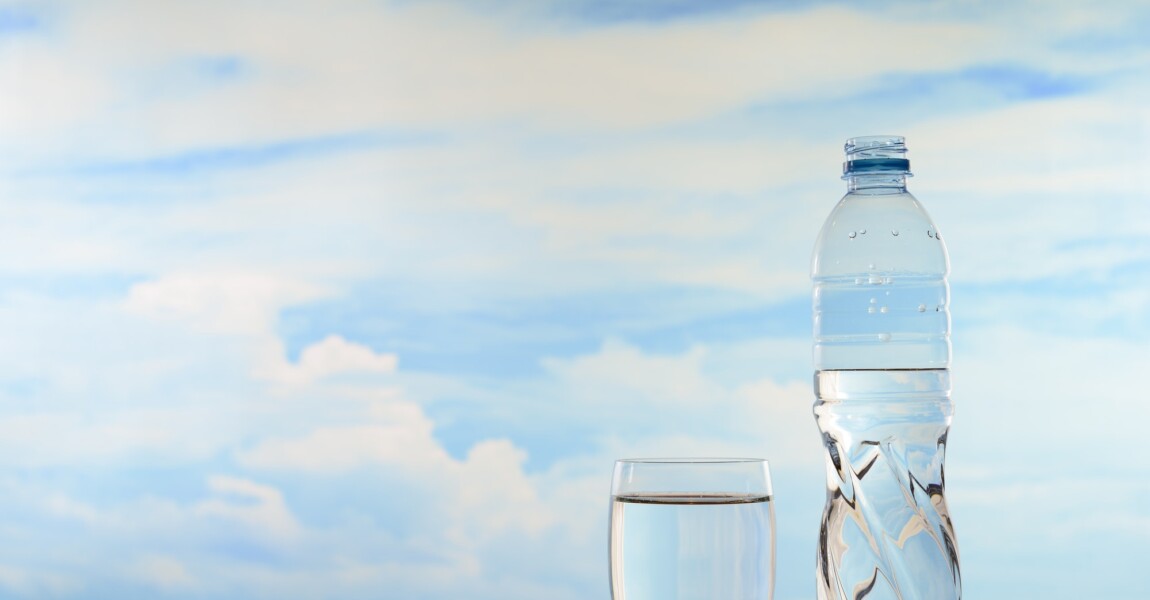
Water recommendations
While the eight glasses rule is a good start, it isn’t based on solid, well-researched information.
Your body weight is made up of 60 percent water. Every system in your body needs water to function. Your recommended intake is based on factors including your gender, age, activity level, and whether you’re pregnant or breastfeeding.
Adults
The current IOM recommendation for people ages 19 and older is around 131 ounces for men and 95 ounces for women. This refers to your overall fluid intake per day, including anything you eat or drink that contains water, like fruits or vegetables.
Of this total, men should get around 13 cups from beverages. For women, it’s 9 cups.
Children
Recommendations for kids have a lot to do with age:
- Children between 4 and 8 years old should drink 40 ounces per day, or 5 cups.
- This amount increases to 56 to 64 ounces, or 7 to 8 cups, by ages 9 to 13.
- For ages 14 to 18, the recommended water intake is 64 to 88 ounces, or 8 to 11 cups.
Pregnant or breastfeeding women
If you’re pregnant or breastfeeding, your recommendations change.
The IOM recommends that pregnant women of all ages should aim to get 80 ounces, or 10 cups of water, each day.
Breastfeeding women may need to up their total water intake to 104 ounces, or 13 cups.
| Demographic | Total daily recommended amount of water from drinks |
|---|---|
| children 4–8 years old | 5 cups, or 40 oz. |
| children 9–13 years old | 7–8 cups, or 56–64 oz. |
| children 14–18 years old | 8–11 cups, or 64–88 oz. |
| men 19 years and older | 13 cups, or 104 oz. |
| women 19 years and older | 9 cups, or 72 oz. |
| pregnant women | 10 cups, or 80 oz. |
| breastfeeding women | 13 cups, or 104 oz. |
Other considerations
You may also need to drink more water if you:
- Climate or altitude. You may need more water if you live in a hot climate or at an elevation greater than 8,200 feet above sea level.
- Exercise. If you exercise often, the American Council on Exercise recommends you drink 17 to 20 ounces of water 2 to 3 hours before you exercise. They also recommend you drink an additional 8 ounces of water just before and after working out. You may need to add even more if you work out for longer than an hour.
- Fever, vomiting, or diarrhea. You should also drink more water when you have a fever, vomiting, or diarrhea, because your body loses more fluids than usual. Your doctor may even suggest taking drinks with electrolytes to keep your electrolyte balance more stable.
Article by: Healthline Media a Red Ventures Company